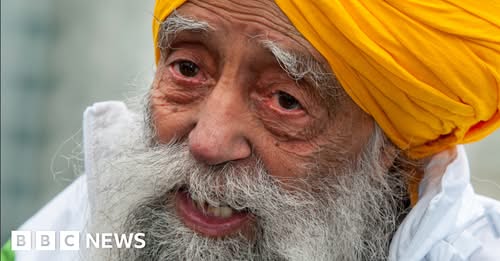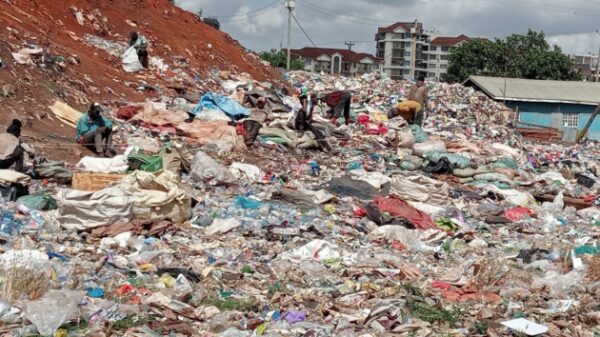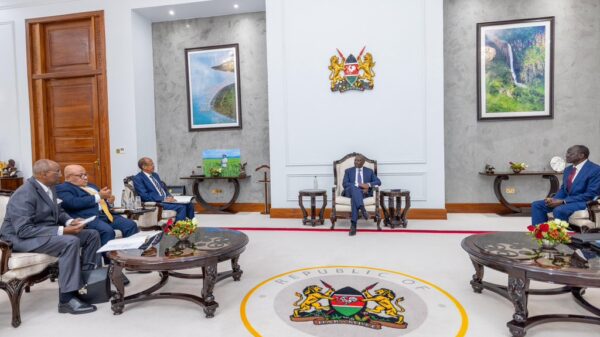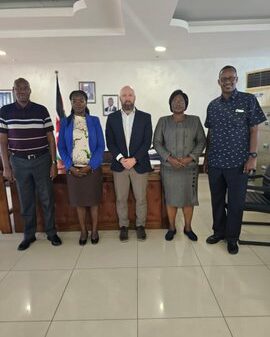
Waringa Kamau, a student in the US is opposed to the western media always showing starving children. PHOTO/File.
One international correspondent in particular attracted a barrage of criticism from KoT for allegedly stage-managing a report showing some Rift Valley residents planning retribution attacks for the 2007/8 post election violence and the government was not far behind in its criticism of the story.
It is in light of these recent events that a Kenyan student studying at the Washington and Lee University in the American state of Virginia sought to establish from her fellow students whether the apprehension that ‘Western’ media deliberately portrays Africa in a negative light goes beyond KoT.
In a documentary titled Africa in Western Media, Waringa Kamau speaks to both African students at the campus as well as students from the ‘West’ and the consensus, it appears, is the same; a lot of the ‘Western’ media reports on Africa are not flattering to the continent.
“They portray Africa as a place where there are starving children, and they always will need help,” one student from the ‘West’ told Kamau with another concurring, “I guess the first thing that I think of are those commercials that have the starving children with the bones sticking out.”
It is these images which helped the Live Aid concert of 1985 raise billions of pounds to help fight famine in Ethiopia; close to 30 years on however, Kamau feels these depiction of Africa is outdated.
“When I first came here, I had a really hard time adjusting to Lexington because it’s a very tiny town. I shared this with a friend and he looked at me and dismissed what I had said because in his mind I should be used to rural environments,” Kamau narrates in her documentary.
Emmanuel Abrebrese, another Washington and Lee student, from Ghana has also had to deal with the negative impressions created by biased broadcasts on Africa, “Sometimes when I’m speaking English people ask how I do so fluently and assume I must have lived here for some time implying that in order to speak good English you must have lived in the states for a long time but there are good schools in Ghana and that’s where I learnt most of my English.”
“Imagine if African media only told Africans of the shootings in New Town Chicago and Virginia Tech and that became the only story that Africans ever heard about America?” Kamau reasons, “Africa just like the rest of the world has its own set of challenges, but these are not the only story (to be told).”
Another student, Johanna Cho, however believes it will be an uphill battle before stories told by the ‘Western’ media on Africa gain more balance, “People already have an attitude and mindset about Africa and to have the media stray from that storyline is going to be disconcerting to people or they won’t believe it… I think it’s hard to break the mould.”
Blaise Buma, a Washington and Lee student from Cameroon agrees with Cho, “Everyone knows of Somalia, everyone knows of the Boko Haram in Nigeria. Those are the kinds of stories that people always want to read about and that makes it difficult for journalists to go into Africa and provide a balanced report.”
In her documentary, Kamau still insists that change will come, one tweet at a time, “Africans, especially young people are using social media to challenge stereotypical images that make headlines in the West… I believe young Africans can contribute by being more vocal about their experiences and the great things they are doing on the continent.”

































